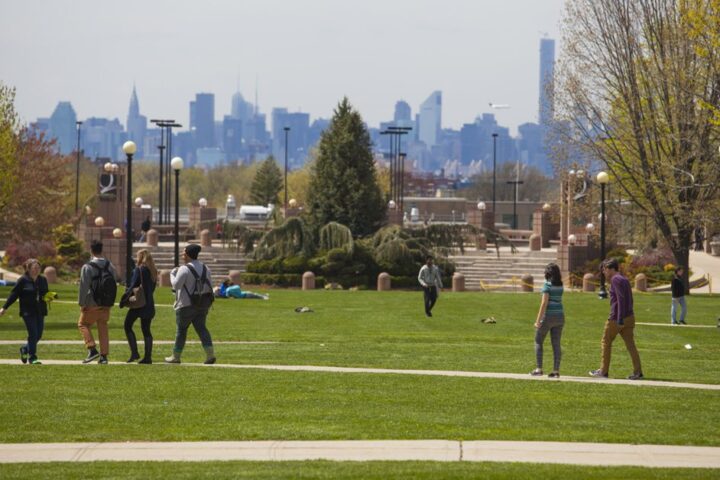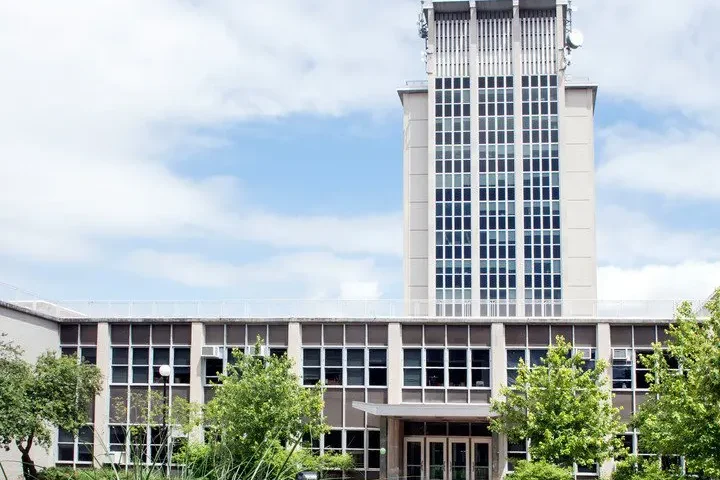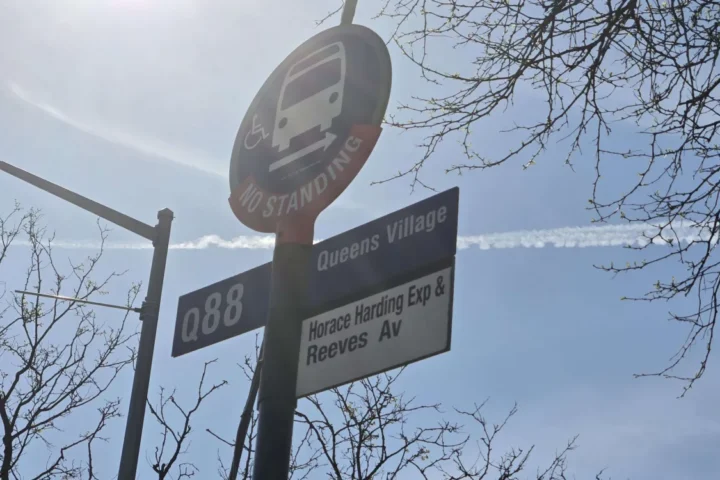Earlier this month, Immigration and Customs Enforcement (ICE) and the Trump administration announced that degree-seeking international students must attend in-person classes in the fall or they may face deportation from the U.S. In these unprecedented times of uncertainty, many colleges and universities have resorted to online classes for the fall semester, leaving many students in limbo. However, recent developments indicate a reversal in this policy.
To recap the situation, on Monday, July 7, 2020, the Trump administration declared a policy barring international students with certain visas from receiving classes in a completely online format while residing in the U.S. As a result, these students would have to enroll in an in person course or face immigration consequences.
Receiving online instruction is the only choice for some students, given the uncertainty of the COVID-19 pandemic. Many elite and local colleges closed their doors as a precaution to keep students and staff safe. ICE’s decision caused a major upheaval in colleges across the nation that vowed to provide support to its students. This policy proved to be detrimental, for it would compromise countless students’ educations, and their respective institutions would face astronomical financial losses. The New York Times reported that many elite colleges such as Harvard and the Massachusetts Institute of Technology were the first of many schools that declared a complete online class format in the fall, as well as the first to file a series of lawsuits to block the policy.
As of Tuesday, July 14, one week after the announcement of this policy, the Trump administration rescinded its decision to penalize international student visa holders that will receive online instruction in the fall. This decision, for many, is a victory. For some, however, it should not have been contested with at all. Nevertheless, this decision brings tranquility to the students and their families who experienced jeopardy.
A large contribution that led to this decision is the surprising lawsuit that Harvard University filed, in conjunction with MIT, against both ICE and the U.S. Department of Homeland Security. Both The Harvard Crimson and MIT News, the schools’ respective student newspapers, reported that the school had filed formal charges. “The motion for a temporary restraining order and preliminary injunction to halt the immediate enforcement of the new rules will be argued at 3 p.m. on Tuesday in front of Federal Judge Allison D. Burroughs”, The Harvard Crimson reads. Swiftly, other American colleges and universities joined the pair in solidarity with the mission statement, that all students are welcome on American campuses, regardless of where they come from.
Queens College’s President Frank Wu announced in an email on Tuesday, July 14, to the school’s students, faculty, and staff that the school would become part of a collaborative effort to prosecute the federal government for its extreme measures. This occurrence comes shortly after the Trump administration halted its policy on international students.
Juvanie Piquant, the University Student Senate’s (USS) Vice Chair of Legislative Affairs, shared a comment regarding support to CUNY Students. Piquant assured us that the USS, the governance system for all CUNY students, will “continue to communicate important information to our student body ensuring that everyone stays informed. We will also provide information for students interested in advocacy.” She also concurred that while the president’s decision to rescind was appropriate, his policies should not have been instilled in the first place.














